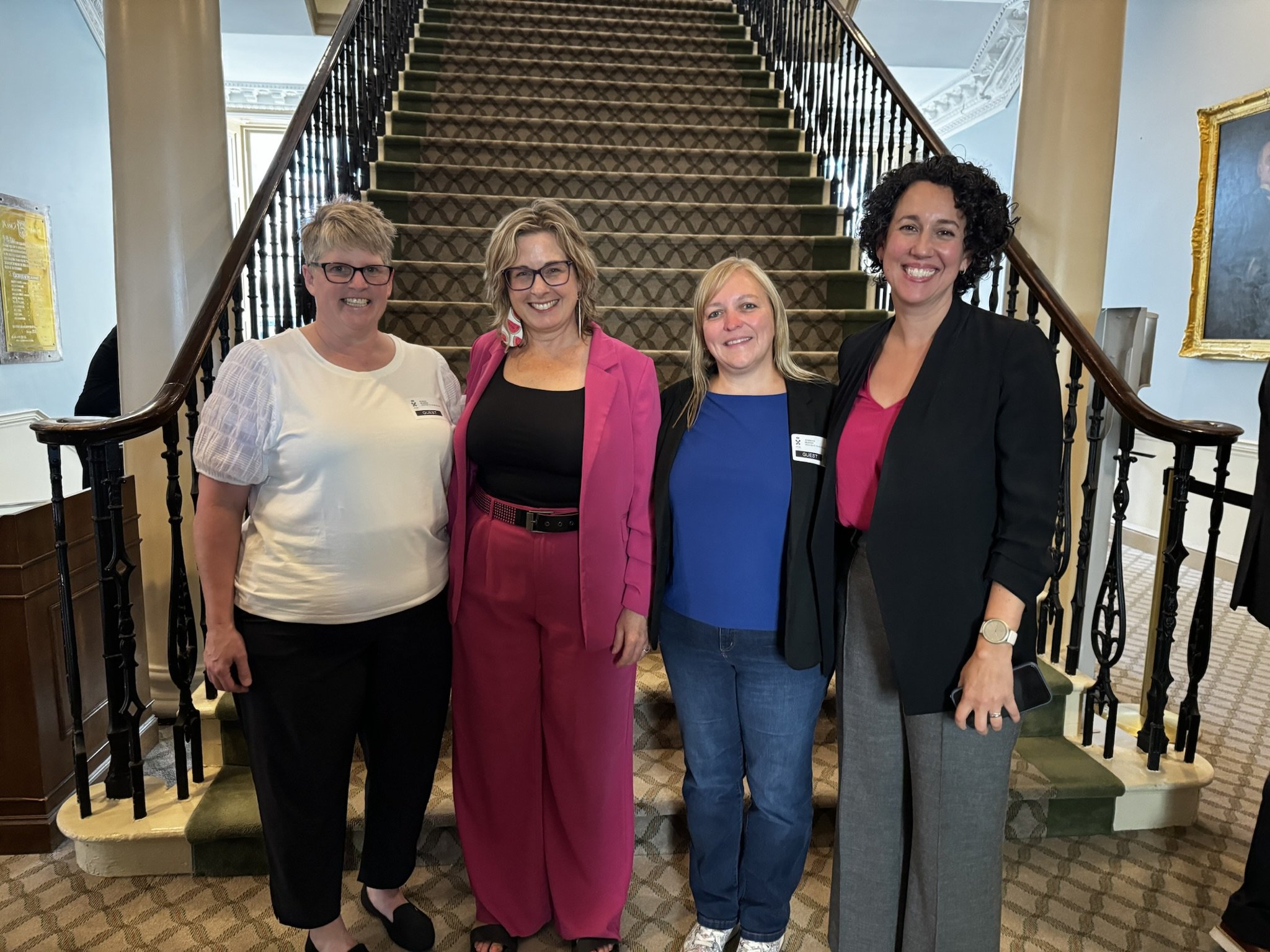SUSAN LEBLANC « » : The Transition House Association of Nova Scotia recently released a research brief, Reproductive Coercion and Intimate Partner Violence, and I'll table it. This is a form of gender-based violence that involves controlling another person's reproductive rights. The document recommends implementing access to universal, no-cost coverage of prescription contraception. Knowing that having free access to birth control can reduce reproductive coercion in this province, why does this government refuse to provide free birth control to its citizens?
HON. MICHELLE THOMPSON « » : We currently have programs that are available to people who are seeking birth control. We have our Family Pharmacare Program, people who also have private insurance. There are also some individuals who require additional support and through the Department of Opportunities and Social Development there are opportunities for people to access birth control. We know it's an important issue. We'll continue to work throughout government to best understand how to serve Nova Scotians.
SUSAN LEBLANC « » : All of those things are true but there are lots of people who are still falling through the cracks. That is why there is a massive call across the province and across the country for barrier-free, complete access to free birth control, so that the people who don't have those opportunities are able to access birth control. There's federal funding on the table right now to provide free birth control for all Nova Scotians. This is an important and simple step for us to take to help reduce the impacts of reproductive coercion in this country. We have yet to hear a good reason as to why the government has not taken this step. I'll ask again: Why won't this government work with the feds to provide Nova Scotians with free birth control to help address the epidemic of gender-based violence?
MICHELLE THOMPSON « » : We really are currently in negotiations with the federal government. The two departments are speaking about how best to serve Nova Scotians, what the negotiations may look like. It's not a straightforward negotiation. We have to make sure that it is a program that is sustainable when the money sunsets. It's great to get the money upfront, but eventually that money will go away. We need to make sure that we make the appropriate choices. We need to make sure that it's financially sustainable moving forward when the money sunsets. We continue to be in active negotiations. I'm very hopeful that we'll have more information soon.
